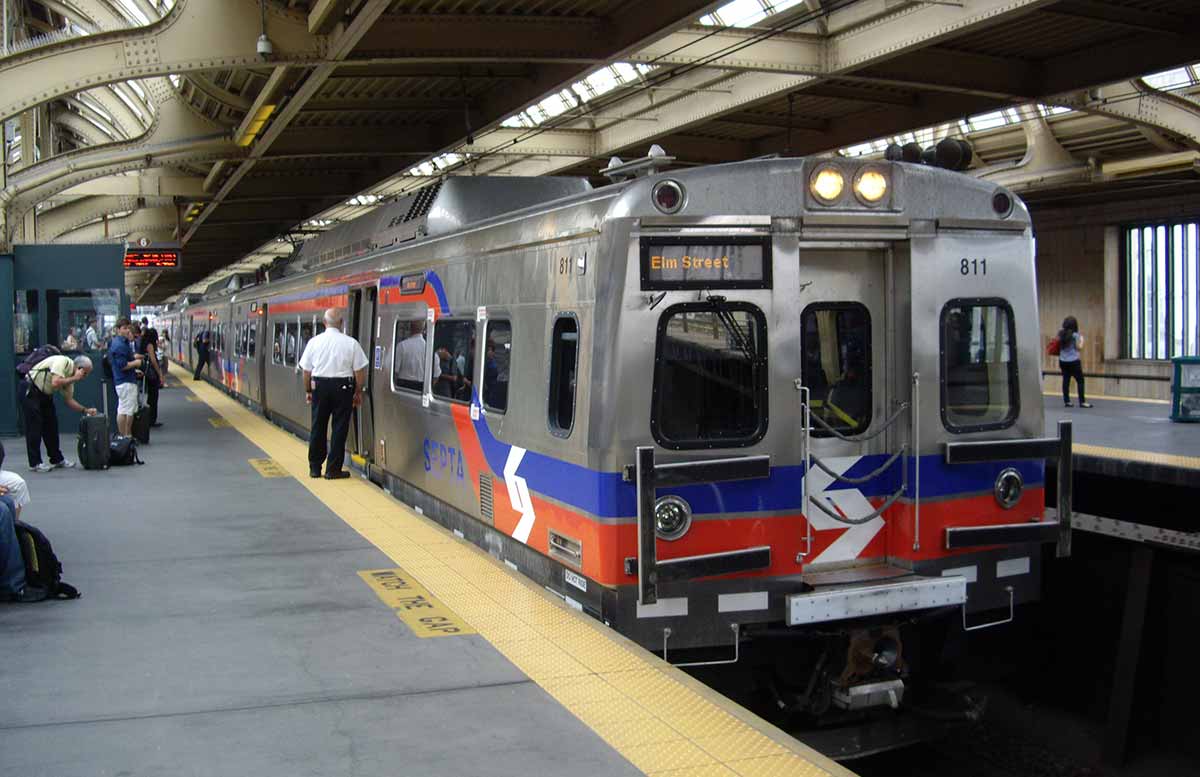
NSF RAPID grant supports project to study ridership trends and users’ perceptions of public transit.
Zhiwei Chen, PhD
, assistant professor of civil, architectural and environmental
engineering, was recently awarded an NSF Rapid Response Research grant
to study the effect that collapse and reconstruction of a section of
Interstate 95 in Philadelphia has had on commuters’ attitudes toward
public transportation.
In the days after the incident, the Southeastern PennsylvaniaTransportation Authority (SEPTA) announced increased capacity on its
regional rail lines that travel between the area north of Cottman Avenue
and Center City Philadelphia. Using ridership data from SEPTA, GPS
requests collected from location service providers, and surveys of
people using the trains and buses, Chen and his students hope to
understand whether the incident drew more people to public
transportation and whether they stuck with it after the road reopened.
“The data from SEPTA could be particularly interesting considering that
the temporary bridge opened far sooner than expected,” Chen said. “They
had a limited amount of time to make an impression on commuters; it will
be informative to see how many people used the service in the short time
the road was closed and how many of them continue to do so.”
Chen believes that the data gathered during the project can give insight
into overall perception of public transit, especially those have not
used public transit regularly before. The results could be instrumental
for an industry that has struggled to recover pre-COVID ridership
numbers.
“We already have a good idea of what incentivizes or disincentivizes
commuters from using public transportation on a daily basis,” Chen said.
“Factors like frequency of service, crime, and cleanliness can make the
difference between deciding to drive or to use transit. But we do not
really know how non-transit riders perceive and weigh these factors. If
people feel that they were served well during this incident, it may have
shifted their perception and made them more likely to be repeat riders.”
Chen is the lead researcher in Drexel’s
Connected & Automated Mobility Lab. The group develops analytical and computational tools to study how
emerging mobility systems like automated vehicles and state-of-the-art
transit systems can help create more efficient, equitable, sustainable,
and resilient modes of transportation for communities.